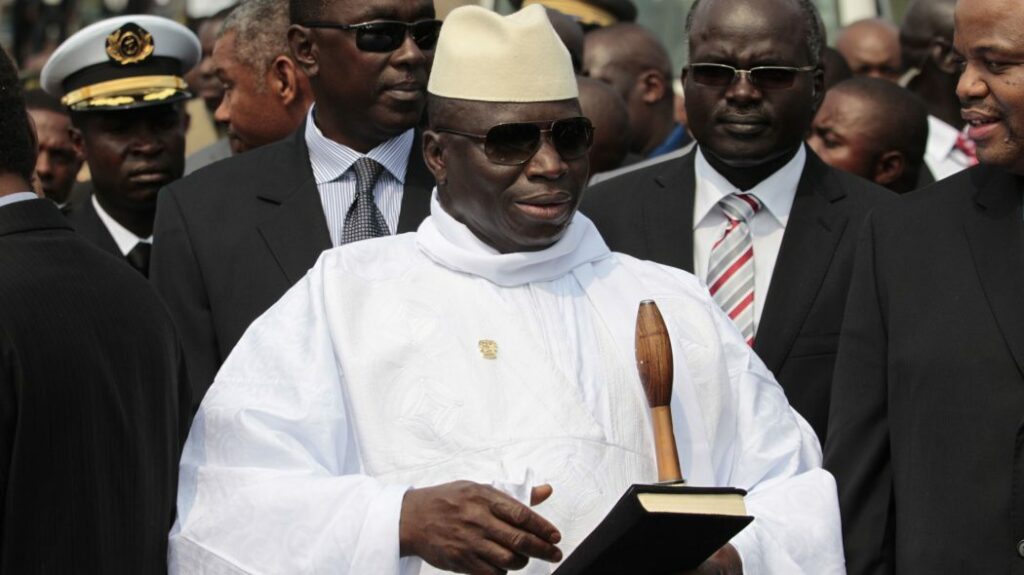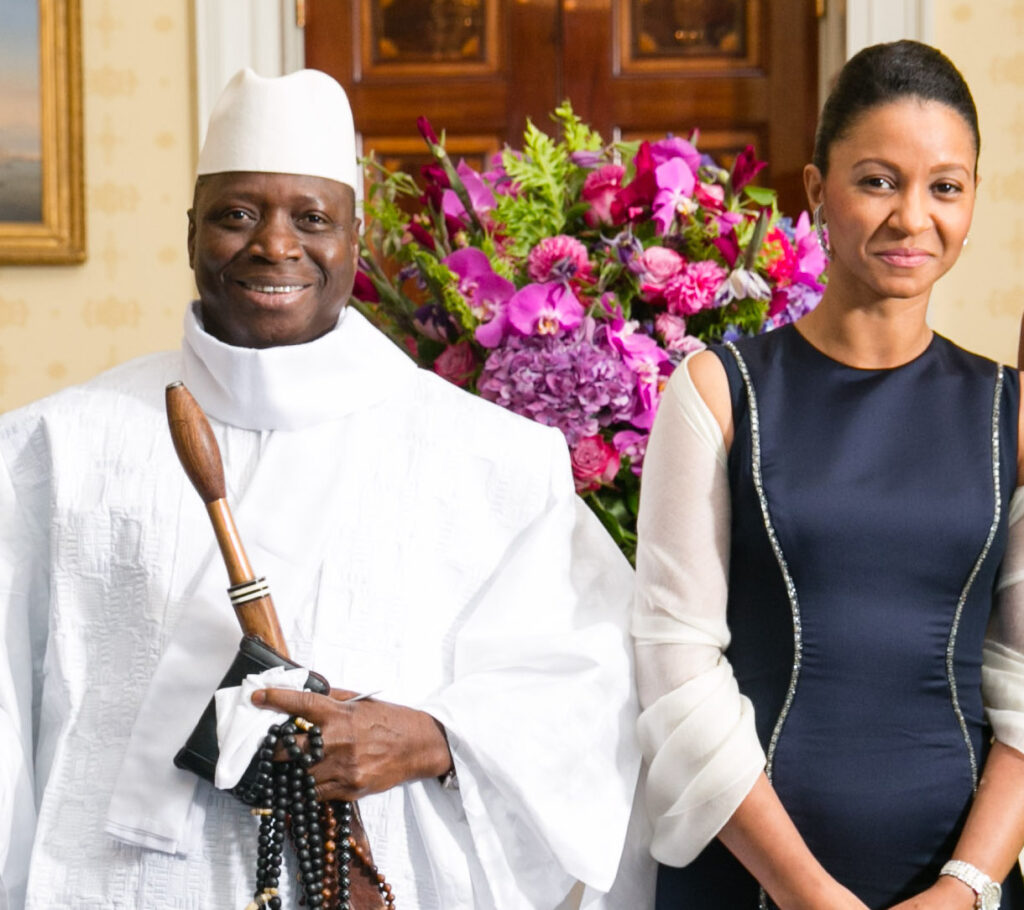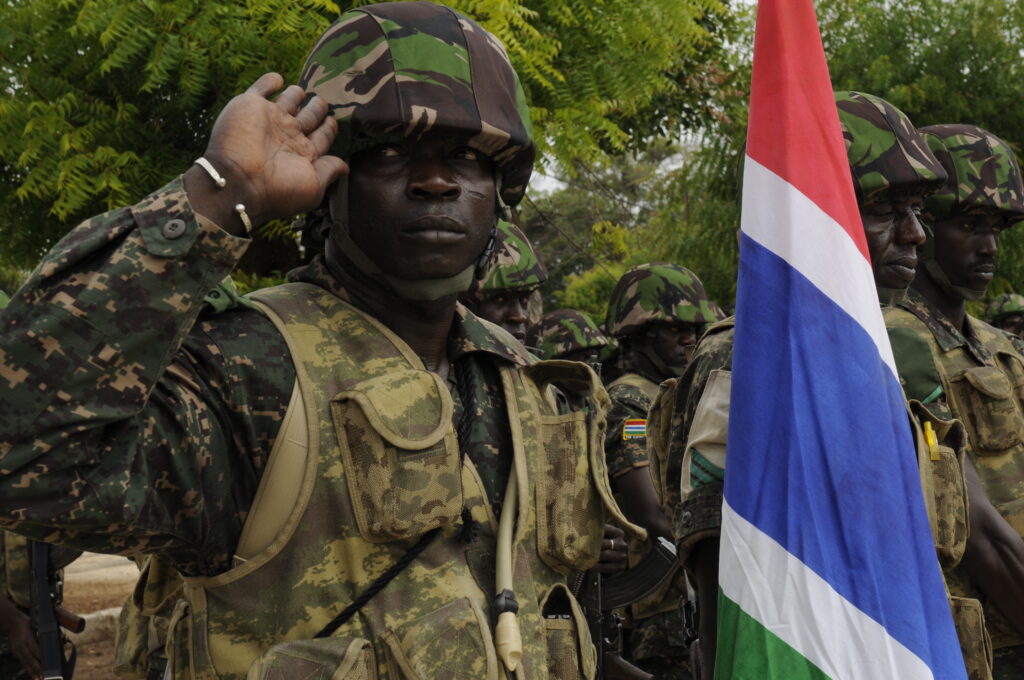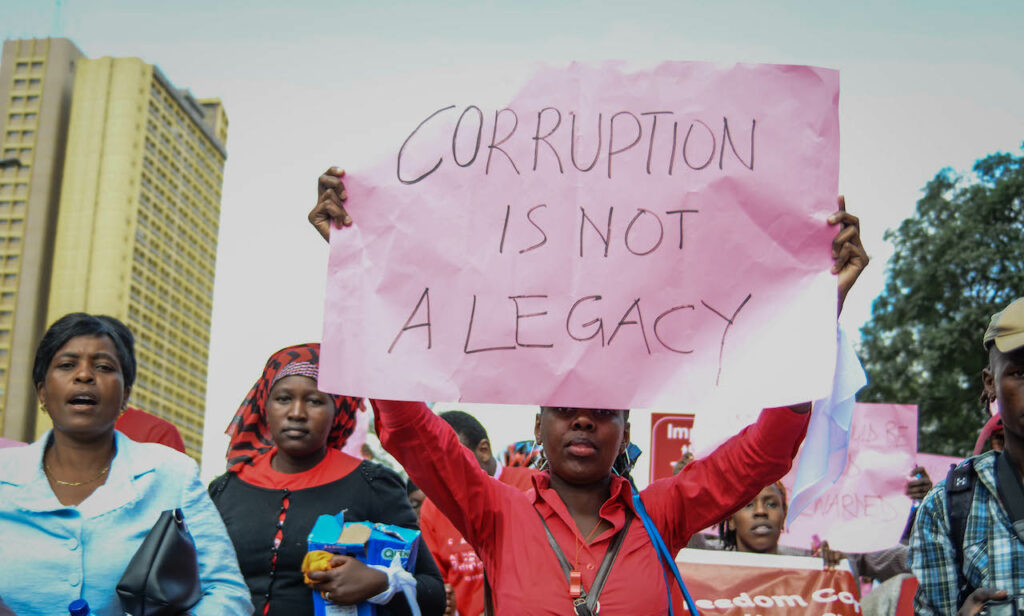
Part One
The tenure of former President Yahya Jammeh is a striking paradox in The Gambia’s political landscape. On one hand, he possessed a remarkable ability to pinpoint and appoint highly qualified, experienced individuals to vital positions within his administration.
On the other, his penchant for patronage and loyalty often resulted in the appointment of individuals woefully unfit for their roles, including a former sergeant with limited qualifications and cabinet ministers lacking basic literacy.
This duality of excellence and mediocrity paints a complex portrait of a leader who, while valuing competence, frequently undermined it. This article examines the intricacies of Jammeh’s appointments and their far-reaching consequences on the civil and foreign services of The Gambia.
Former President Yahya Jammeh displayed an undeniable talent for recruiting qualified and seasoned bureaucrats, technocrats, and professionals into his administration.
However, he was equally notorious for his propensity to exploit and ultimately discard these individuals, often recycling them before casting them aside like expired commodities. Such individuals were disparagingly labeled as “intellectual prostitutes”.
Concurrently, Jammeh’s heavy reliance on patronage and a reward-based appointment system eroded the integrity of senior civil servants, public officers, and foreign service diplomats. He filled these critical roles with those willing to do his bidding—public sycophants, demagogues, and opportunists.

Jammeh’s reign was marked by his destructive tendencies, as he sought to dismantle the stability crafted during Sir Dawda Kairaba Jawara’s 30-year governance, plunging the nation into chaos.
Yahya Jammeh has proven to be a gravedigger of the state, amplifying a culture of corruption and perpetuating the cult of money. He prioritised political loyalty over competence, allowing friends and cronies to thrive at the expense of effective governance. Ministerial and ambassadorial positions were entrusted to individuals lacking relevant experience, placing them in pivotal roles far beyond their capabilities.
After 22 years in power, Jammeh vacated the presidency, leaving behind a nearly irreparably damaged civil and foreign service. He appointed individuals with no diplomatic acumen as ambassadors, creating an environment where any Gambian could ascend to a ministerial role through mere connections.
His stubbornness led to the elevation of buffoons and ignoramuses—individuals ill-suited for the responsibilities entrusted to them. Today, many of these former ambassadors and ministers have become the subject of ridicule, yet they now wield their titles to enhance their resumes, positioning themselves as credible figures, despite the farce of their appointments.
During the oppressive rule of Yahya Jammeh, Gambia’s foreign service devolved into a shadow of its potential, as ambassadors were appointed based on loyalty and patronage rather than merit.
This reckless disregard for competent diplomacy resulted in a cadre of individuals who lacked the essential gravitas, education, experience, and political acumen required for effective international representation.
The systematic dismantling of both civil and foreign services under Jammeh left them in a state of dysfunction that is almost irreparable. It is astonishing to consider that a former sergeant from the defunct Gendarmerie—someone without even the command authority of a platoon—was appointed as an ambassador to esteemed nations such as China, France, and the United States.

This reflects a troubling trend reminiscent of the absurdity witnessed in Thailand, where King Vajiralongkorn appointed his pet dog, Foo Foo, as Air Chief Marshal in the Royal Thai Air Force. The lamentable reality today is that many of these former ambassadors appointed during Jammeh’s regime suffer from significant deficiencies in critical thinking and cognitive skills necessary for understanding current affairs and geopolitics.
Their incoherent messaging pollutes our airwaves and social media, further muddling public discourse. In stark contrast, other nations prioritise the selection of highly qualified individuals as ambassadors to Gambia.
These representatives often function not just as diplomats but as intelligence operatives, engaging in far more than mere political gossip. They are adept at striking deals that enhance their countries’ interests and solidify economic opportunities.

Unfortunately, many Gambian ambassadors are merely political deadweights—relatives of the ruling elite or loyal civil servants recycled from various departments like the military or parastatals. Appointments are typically made at moments when these individuals are due for dismissal or retirement, or to create space for those from favoured tribes or connections.
While a select few may be competent, they are overshadowed by the majority who lack the necessary qualifications. Whereas other countries ensure that their ambassadors possess relevant academic credentials and experience, Gambia’s diplomatic appointments often disregard these crucial factors.

For instance, sending representatives to China or Taiwan without a grasp of Mandarin or an understanding of Chinese culture and history is not just imprudent; it is irresponsible.
Throughout Jammeh’s tenure, the appointment of incompetent, inexperienced, and even buffoonish diplomats to key nations became the norm. These individuals, lacking a solid educational foundation in public diplomacy, were selected solely for their unwavering loyalty to Jammeh, their sycophancy, or their demagoguery.
It remains utterly perplexing why someone with the limited credentials of a junior protocol officer was dispatched as an ambassador to vital countries like China, France, and the United States—nations that deserve our very best representation.
The tenure of our ambassadors to the United States has been widely deemed a failure by many Gambians residing in the U.S. In stark contrast, ambassadors from Western nations often return home to pen insightful books that enrich our understanding of international relations.
Yet, I struggle to recall a single Gambian ambassador who has authored a scholarly work worthy of study in university diplomatic programmes. As Africans, we seem to adopt a complacent attitude, granting individuals free reign to enjoy privileges in foreign lands without holding them accountable.
Do we even possess a framework for evaluating the performance of our ambassadors? Are there clear objectives guiding our missions abroad? Are we diligently working towards achieving these goals? Africa is home to some of the brightest minds globally.

Regrettably, many of these exceptional individuals fall victim to the constraints of circumstance, often stuck in second-rate institutions, battling internal politics, while bland representatives are elevated and dispatched to critical nations without a fundamental understanding of their roles.
What we expect from former diplomats and ambassadors
Former diplomats and ambassadors who have served in developed countries have the potential to dramatically influence society after their formal careers. Here are pivotal roles they can undertake: They can offer their expertise as advisors to governments, political leaders, and organisations on international relations, diplomacy, and foreign policy.
Their wealth of experience and nuanced insights can be invaluable in shaping national strategies and strengthening international partnerships. Former diplomats should actively contribute to academia, sharing their vast knowledge and experiences at universities and institutions.
By mentoring aspiring diplomats and young professionals, they have the power to cultivate the next generation of leaders in this field. Engaging with think tanks and research organisations allows them to play a key role in shaping policy research and analysis.
Their unique perspectives can illuminate global trends and facilitate the development of well-informed policy recommendations.
Through public speaking engagements, authorship of books, articles, and opinion pieces, former diplomats can educate the public on the complexities of international affairs and global issues. Their perspectives can enrich public discourse and promote a more informed citizenry.
Many former diplomats engage in advocacy work for pivotal causes, such as human rights, environmental sustainability, and global development. By collaborating with nonprofit organisations, they can drive essential change and elevate awareness on critical issues.
Given their extensive international experience and networks, former diplomats are well-positioned to assume roles within multinational corporations, offering strategic guidance on global operations and market entry. Their negotiation and mediation skills can be indispensable in resolving conflicts.
Moreover, they can engage with international organisations and governments to mediate disputes and foster peace. Promoting cultural exchange and understanding across nations, through organised events, they can cultivate mutual respect and appreciation among different cultures.
However, the unfortunate reality in Gambia is that many former diplomats become mere job seekers and political mouthpieces, prioritising personal gain over societal contributions. This stark deviation from their capacity for meaningful engagement is a disservice to their potential and to the nation as a whole
The story of Yahya Jammeh’s appointments offers invaluable lessons about the power of meritocracy in effective governance. While he wisely selected highly educated and talented individuals, his preference for loyalty over competence ultimately hindered the growth of civil and foreign services.
This highlights a compelling opportunity for The Gambia to embrace a future where the brightest minds can truly thrive. As we move forward, it’s important to build a governance system that champions merit and excellence, paving the way for progress and stability.
By learning from our past, we can create an inspiring and inclusive environment that empowers everyone to contribute to a brighter future for all. Let’s embrace this journey together!
By Alagi Yorro Jallow











Recent Comments